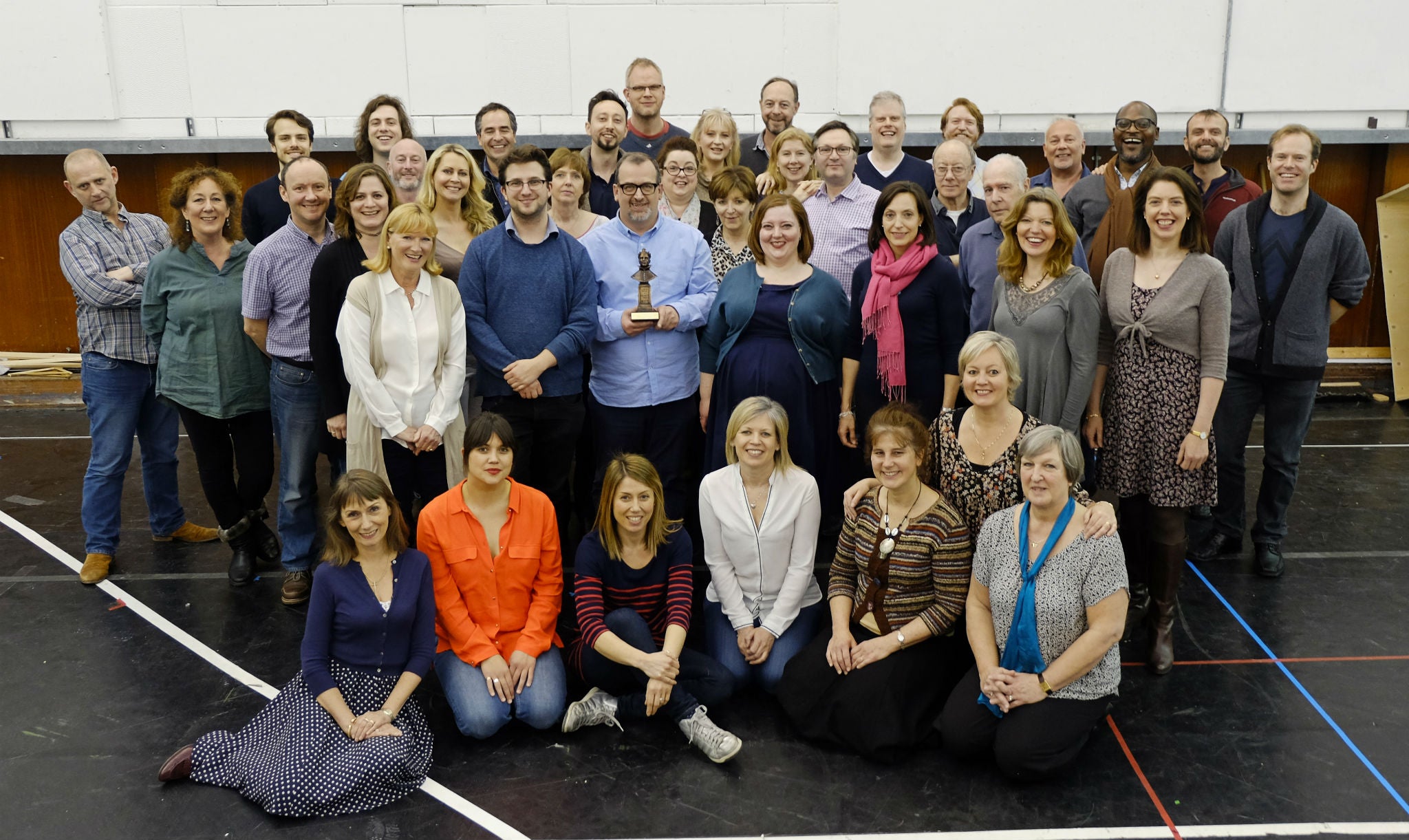Classical review: ENO Chorus's performance of Brahms's A German Requiem is 'magnificent'
ENO Chorus, St George’s, Hanover Square, London

Your support helps us to tell the story
From reproductive rights to climate change to Big Tech, The Independent is on the ground when the story is developing. Whether it's investigating the financials of Elon Musk's pro-Trump PAC or producing our latest documentary, 'The A Word', which shines a light on the American women fighting for reproductive rights, we know how important it is to parse out the facts from the messaging.
At such a critical moment in US history, we need reporters on the ground. Your donation allows us to keep sending journalists to speak to both sides of the story.
The Independent is trusted by Americans across the entire political spectrum. And unlike many other quality news outlets, we choose not to lock Americans out of our reporting and analysis with paywalls. We believe quality journalism should be available to everyone, paid for by those who can afford it.
Your support makes all the difference.English National Opera’s finances are calamitous; it has no artistic director; its chief executive, a former management consultant, cheerfully admits she’s not an opera buff; its chorus has been on the brink of a strike, in response to being suddenly put on part-time; its music director, enraged on their behalf, has resigned in fury; the Arts Council, having slashed the opera company’s budget, is now standing back and balefully watching it struggle: ENO was never in so perilous a plight.
Which brings us to the series of performances which the ENO chorus is now giving, under the baton of its former music director Mark Wigglesworth, of Brahms’s A German Requiem. The wording of Wigglesworth’s programme note is significant: it is this chorus’s ‘leadership’, he says, which remains an inspiration to all concerned.
The point about this chorus – as with its counterpart up the road at Covent Garden – is that it’s a group of highly accomplished actors, many of whom could have chosen careers as soloists had they wanted to. This explains why Brahms’s Requiem came over so powerfully in this lovely 18th-century church. Soprano Eleanor Dennis put too much vibrato into her solo, but baritone Benedict Nelson sang with ringing clarity; the great washes of choral sound were magnificent.
Join our commenting forum
Join thought-provoking conversations, follow other Independent readers and see their replies
Comments